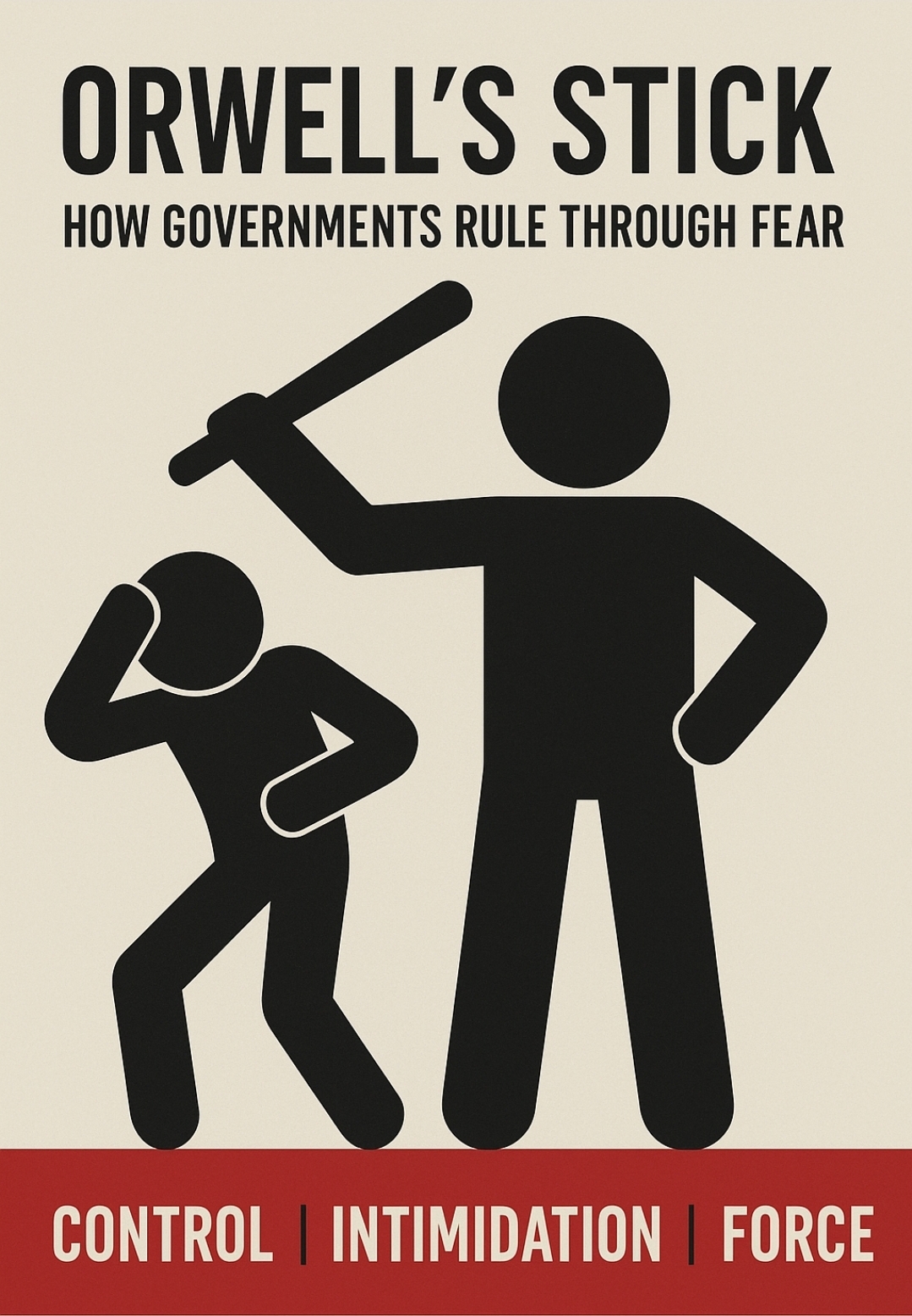Introduction: The Nightmare Blueprint
Adam Curtis, in The Power of Nightmares, showed how fear replaced hope as the engine of politics. While Aldous Huxley warned of pleasure-based control, George Orwell’s 1984 captured the darker side of governance: obedience enforced not by distraction, but by fear, force, and surveillance.
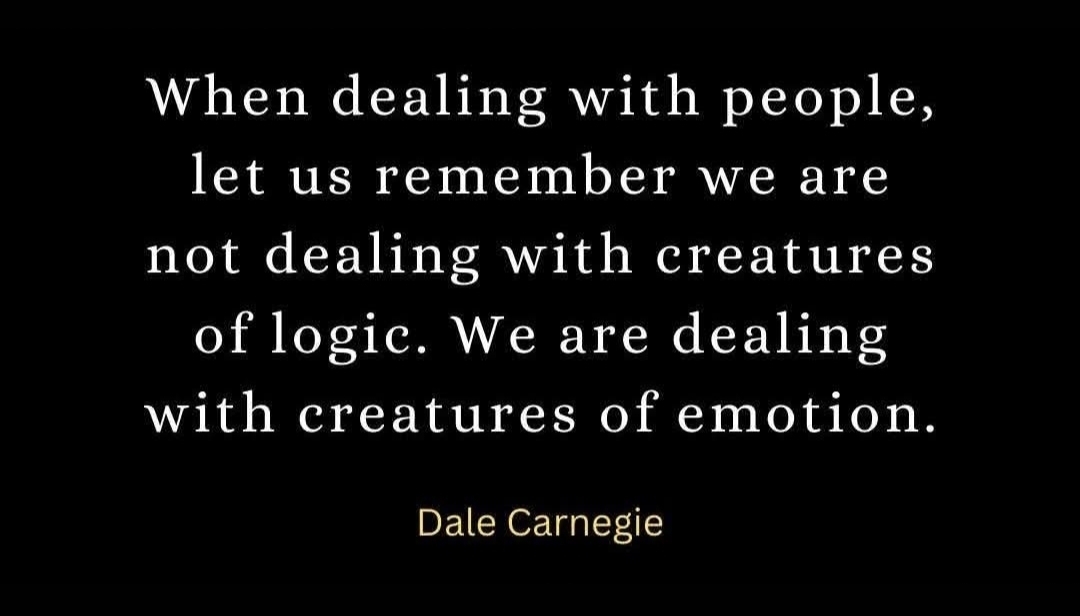
This is the playbook modern governments return to again and again — Orwell’s stick.
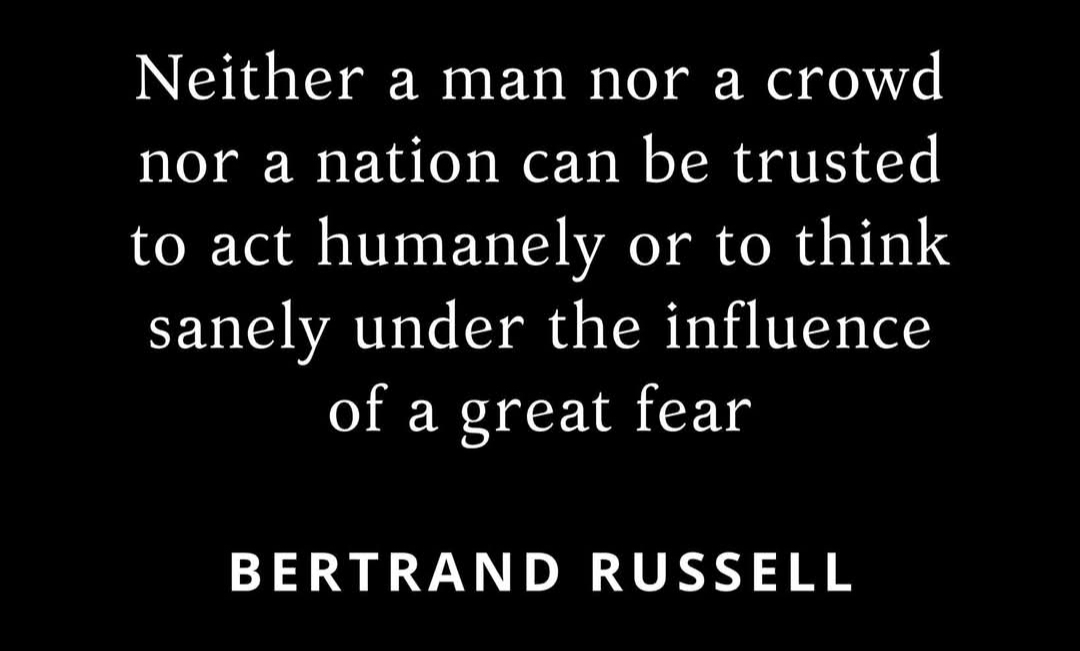
The Machinery of Fear
In Orwell’s vision, people obeyed because stepping out of line meant punishment. Today, governments use the same logic:
- The NSA & The Patriot Act: After 9/11, fear of terrorism justified mass surveillance. Every email, call, and search could be monitored. Privacy ceased to be a right.
- Lockdowns & Curfews: Under the banner of safety, governments restricted movement, assembly, and even speech. Police and military presence normalized in daily life.
- Fear Branding: Yesterday’s communist became today’s terrorist, then tomorrow’s “domestic extremist.” Each shift preserves the machinery of fear.
The lesson: Fear is elastic, always adaptable to the next crisis.
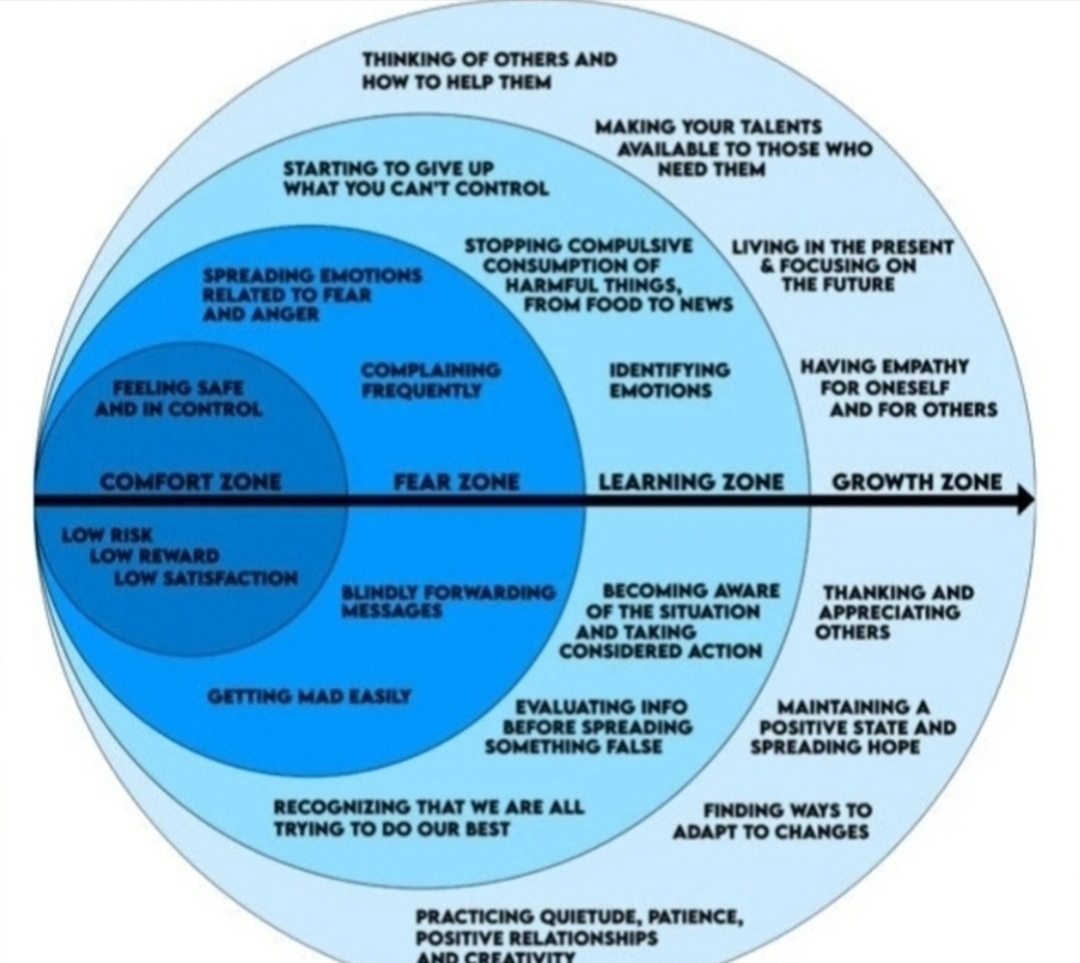
Surveillance as Obedience
In Orwell’s 1984, Big Brother’s eyes were everywhere. In our world, surveillance is no longer just cameras. It is:
- Digital footprints — every purchase, message, and click stored and analyzed.
- Predictive policing — algorithms flagging “threats” before crimes occur.
- Biometric tracking — from facial recognition to health passports.
When people know they are always being watched, most will self-censor. The cage need not have bars — only the sense that “someone is watching.”
Endless War: A Permanent State of Emergency
Orwell described perpetual war not for victory, but to justify control. In modern form:
- The Cold War: Fear of communism allowed massive defense budgets and loyalty tests.
- The War on Terror: Two decades of surveillance, foreign wars, and domestic crackdowns — often with little real threat.
- Pandemics & Viruses: Emergency powers activated worldwide, many never fully revoked.
- “Climate Emergencies” and “Domestic Extremism”: New categories of war that justify restrictions on speech, travel, and behavior.
The war never ends — it only changes names.
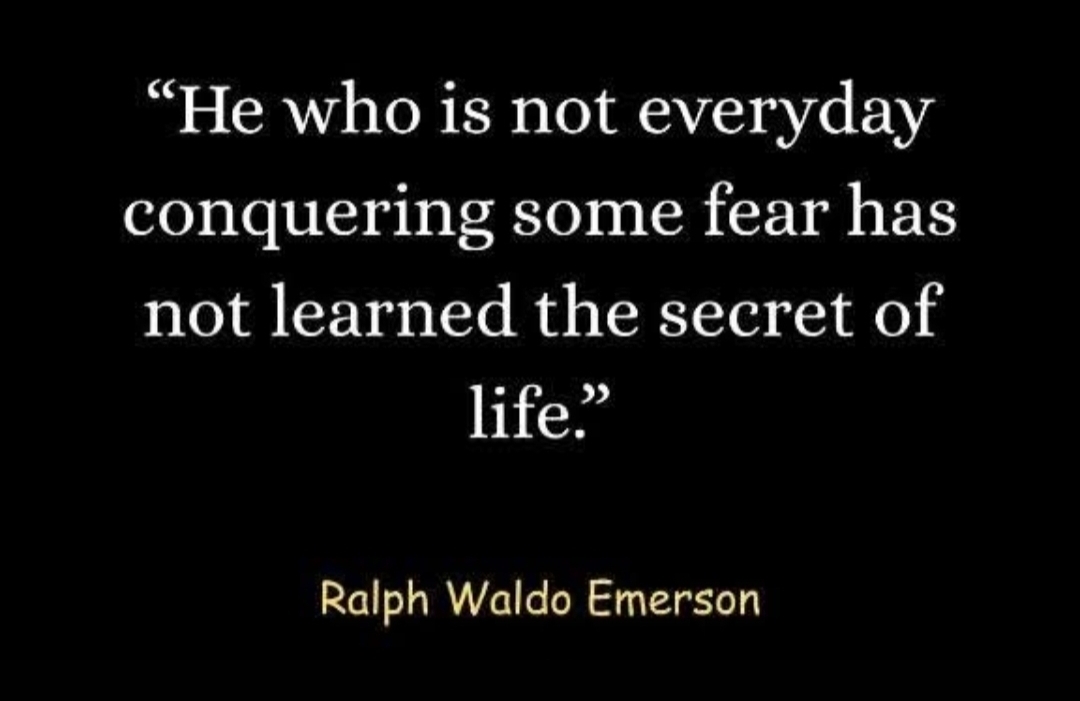
Newspeak: The Prison of Language
Orwell showed that control language and you control thought. Today’s equivalents:
- “Political correctness” and “hate speech” laws narrow what can be said.
- Redefinitions — war is “peacekeeping,” censorship is “safety,” propaganda is “fact-checking.”
- Shifting labels — yesterday’s skeptic becomes today’s extremist with a stroke of language.
The less people can say, the less they can even think.
The Stick of Government
Put together, Orwell’s stick looks like this:
- Surveillance – Know you’re always being watched.
- Punishment – Step out of line and face consequences.
- Perpetual Emergency – Live in fear of the next crisis.
- Language Control – Lose the words to resist.
It is the architecture of obedience through fear.
Conclusion: Recognizing the Stick
Orwell’s nightmare is not a warning of the future — it is the blueprint of the present. Governments thrive on fear because fear produces obedience. Every new “emergency” ensures expanded control that rarely gets rolled back.
The stick keeps populations in line. But as Curtis hinted, the nightmare is incomplete without Huxley’s carrot. Fear keeps us compliant, distraction keeps us numb. Together, they form the modern cage.

